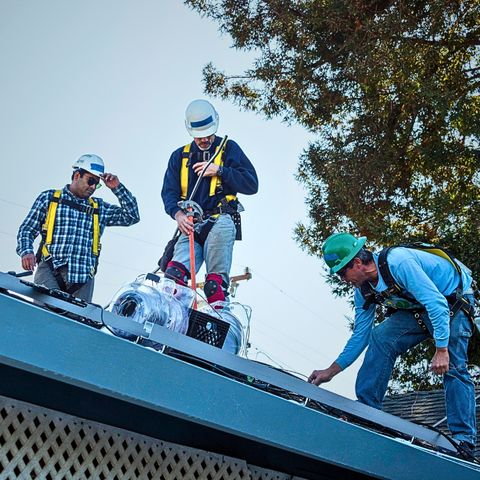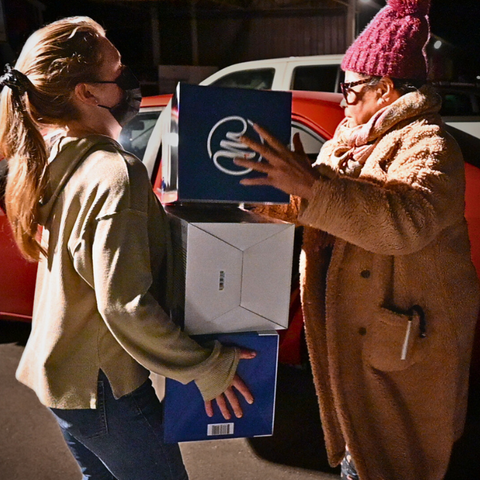
OUR RESILIENCE
PROGRAMS
Learn more about our impact based upon our principles of prioritizing community voices in climate planning, addressing environmental burdens and disparities, and striving for environmental justice.
OVERVIEW OF PROGRAMS.
Climate Resilient Communities addresses the impacts of climate change on the health and finances of our communities. People are already acutely and chronically affected by a range of climate hazards: disproportionate exposure to air pollution that is exacerbated by increased heat, hotter days and warmer nights that becomes extremely dangerous when combined with overcrowding in an aging housing stock, spontaneous flooding that threatens to throw fuel on the fire of displacement and gentrification.
Helps residents navigate service
options available and the complex
application processes these
services require.
Creating action-oriented projects,
including contributions to city-wide
adaptation, resilience planning, to
interventions for residents & families.
Increases awareness & understanding of impacts in frontline communities, particularly among youth.
Providing essential resources, fostering collaboration, and advocating for equity, while preparing for neighborhood-specific climate events.
Empowers strategic partners across
sectors to implement place-based
climate resilience projects that
prioritize equity and social justice.
HOW WE WORK:
CLIMATE CHANGE COMMUNITY TEAMS (CCCTs)
CRC’s program designs have centered around our Climate Change Community Teams (CCCTs), which are the bedrock of our organization, ensuring each project is meeting genuine community needs. These cross-sector community groups, composed of residents, faith leaders, non-profit organizers, and youth representatives are formed to start climate resilience projects and programming at the neighborhood level and are currently facilitated in East Palo Alto, North Fair Oaks, San Bruno, Alviso, East San Jose, and Belle Haven (Menlo Park).
Each new project stems from consultation and direction of the Community Teams and CRC provides frequent updates at each team’s monthly meeting to inform and garner feedback on project outreach strategies, implementation methods, and overall program direction. We incorporate community feedback and involvement at every step of the process: from idea formation, to siting and scoping projects, throughout implementation, and in review and evaluation. As a small, community-based organization, we believe the neighborhoods we work in should have ultimate control over what is done around them and make it an absolute priority that community voices are heard and uplifted whenever and wherever possible.
About Climate Change Community Teams:
Where CRC Builds Community Resiliency:
Through hands-on support with our partners, stakeholders, community leaders, and residents, CRC has had the opportunity create networks and processes for our constituency power building and coalition that provide direct feedback on our programmatic strategies, designs, & intervention selections, including in the following areas of the South Peninsula region:

PROGRAM DETAILS.


Climate Resilient Communities and its team operate 5 major programs that operate throughout the South Peninsula region of Bay Area California. Click below to learn about each of our areas of work and how you can reach CRC to find if any of these services fit your community or resident needs:
Read More About Our Programs in CRC's
2024 Annual Report
Our 2024 Annual Report tells the story of how Climate Resilient Communities is advancing climate justice, one neighborhood at a time.
From home upgrades that protect families from wildfire smoke and extreme heat, to youth-driven climate leadership initiatives, the report highlights real solutions shaped by the communities we serve. Explore the milestones, voices, and partnerships that are building a more resilient future across East Palo Alto, Belle Haven, North Fair Oaks, and beyond.












